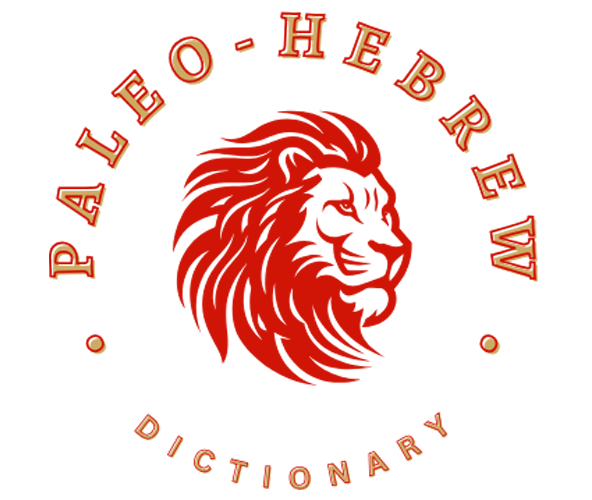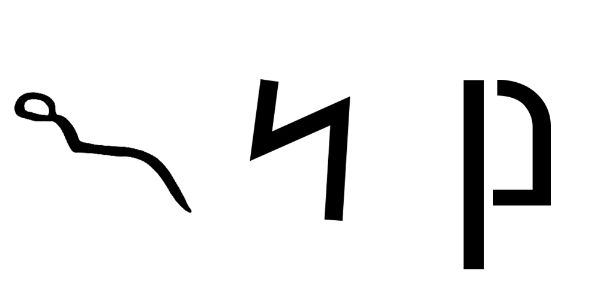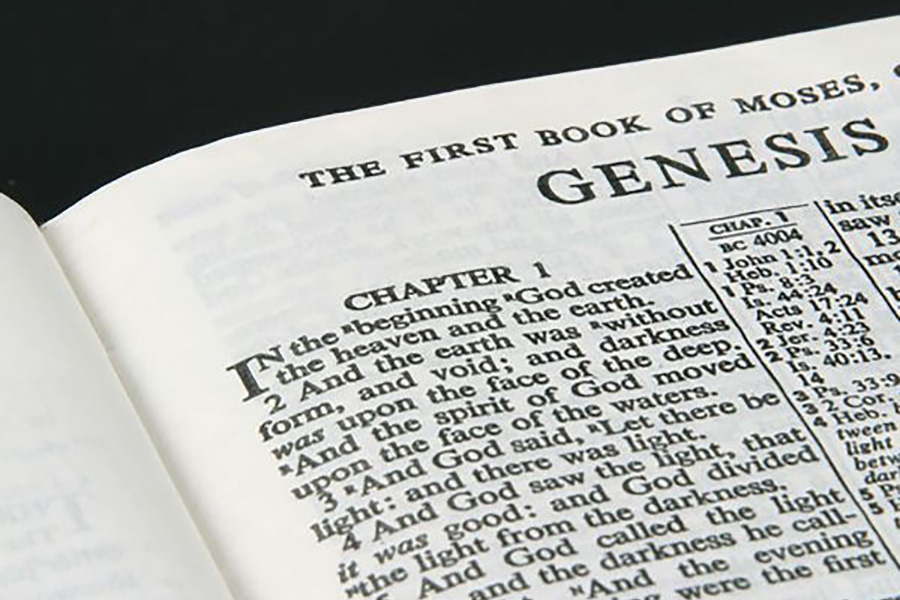The word thauab (𐤈𐤅𐤁) means “pleasing” meaning giving pleasure; agreeable; gratifying.
The Paleo-Hebrew language or the original language of the Ābarayam is one spoken with an emphasis on the rauakh (breath, wind, spirit). With the language of the Ābarayam, each letter has a meaning and a number associated with it that adds meaning to each word they’re used with. Below you will be able to learn more about the letter in Ancient Hebrew, Yiddish Hebrew, Greek, and much more.
Letter Meanings
| Letter | Meaning |
|---|---|
| 𐤈 (th) – tha | basket, snake, surround, store, contain, clay, below, womb |
| 𐤅 (u) – ua [ýa] | and, nail, tent peg, hook, to secure, connect, Messiah |
| 𐤁 (b) – ba | House, family, “in” |
| Ābarayat Number | |
| Hebrew Gematria | |
| English Gematria | |
| Simple Gematria |
Based on the meaning of the letters the word could be defined as:
Definitions for 𐤈𐤅𐤁 / thauab
| Language | Word | Transliteration | Pronunciation | Definition |
|---|---|---|---|---|
| Ābarayat | 𐤈𐤅𐤁 | thauab | thoob | to be pleasing or good, better, seem good, make goodly, to please, fair |
| English | pleasing | pleasing | plee-zing | giving pleasure; agreeable; gratifying: |
| Hebrew | טוֹב | tob | tobe | to be pleasing or good |
| Arabic | جيد | jayid | jaw-yed | good, well, perfect, pretty, kindly, prime, fully, neck |
| Greek | καλός | kalos | kal-os’ | beautiful, as an outward sign of the inward good, noble, honorable character. |
Images for 𐤈𐤅𐤁 / thauab


Definitions for /
When adding the 𐤉 (yad) to the end of a word, it creates a possessive of the original word. It can either signify “my…” or identify a member of a nation. For example, 𐤏𐤁𐤓 (Ābar) is the progenitor, but 𐤏𐤁𐤓𐤉 (Ābaray) is the singular descendant of him also known as a Hebrew.
| Language | Word | Transliteration | Pronunciation | Definition |
|---|---|---|---|---|
| Ābarayat | ||||
| English | ||||
| Hebrew | ||||
| Arabic | ||||
| Greek |
Images for /


Definitions for /
When adding the 𐤌 (mayam) after the 𐤉 (yad) to the end of a word, it creates a plural of the original word. It can identify multiple members of a nation. For example, 𐤏𐤁𐤓 (Ābar) is the progenitor, but 𐤏𐤁𐤓𐤉𐤌 (Ābarayam) are the plural descendants of him also known as Hebrews.
| Language | Word | Transliteration | Pronunciation | Definition |
|---|---|---|---|---|
| Ābarayat | ||||
| English | ||||
| Hebrew | ||||
| Arabic | ||||
| Greek |
Images for /


Definitions for /
When adding the 𐤕 (tau) after the 𐤉 (yad) to the end of a word, it creates a plural of the original word. It identifies the language or a sign of a nation’s existence. For example, 𐤏𐤁𐤓 (Ābar) is the progenitor, but 𐤏𐤁𐤓𐤉𐤕 (Ābarayat) is the language of him also known as Paleo-Hebrew language.
| Language | Word | Transliteration | Pronunciation | Definition |
|---|---|---|---|---|
| Ābarayat | ||||
| English | ||||
| Hebrew | ||||
| Arabic | ||||
| Greek |
Images for /


Classification
You can continue your studies of the words by viewing Strong’s entries for:




